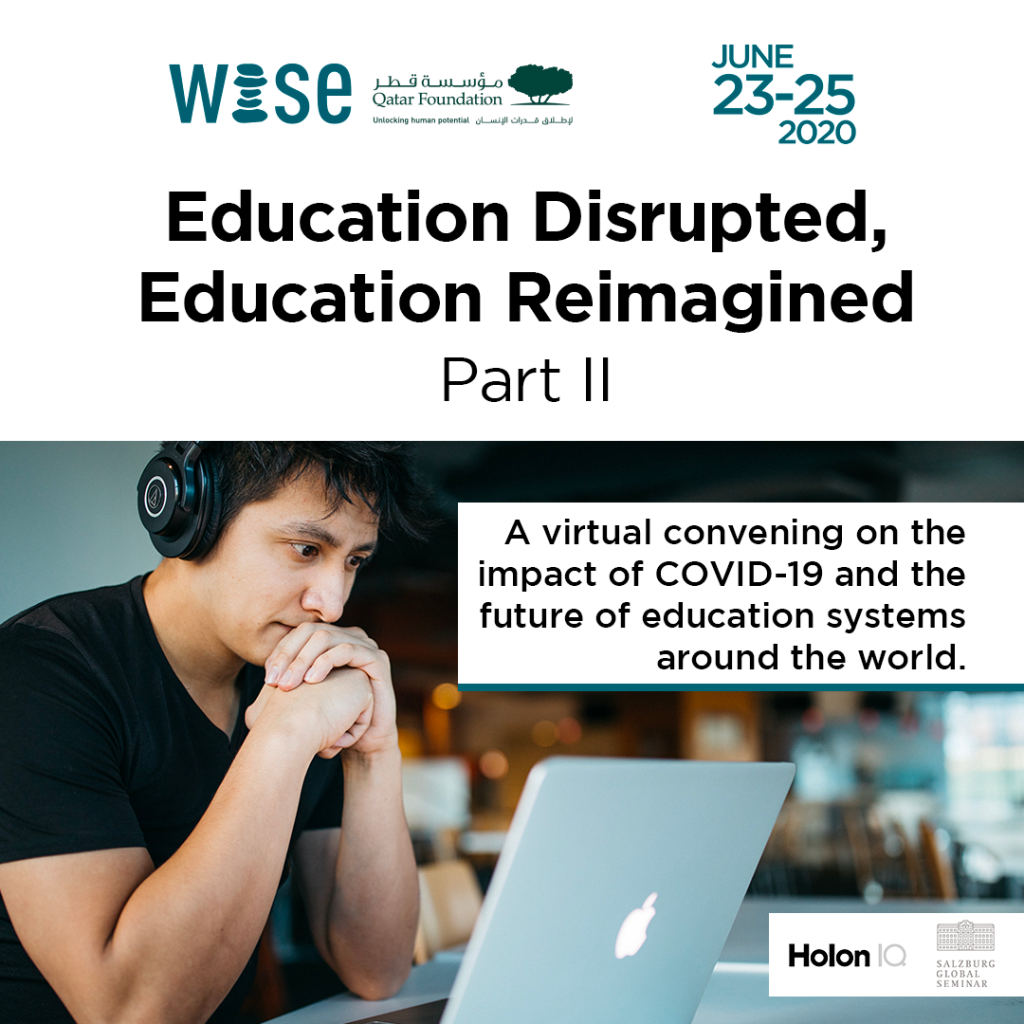Three months into the COVID-19 pandemic, global physical lockdown has made disruption an ongoing reality for three-quarters of the world’s education systems, schools, and students. Simultaneous shocks to financial and health systems have further heightened uncertainty and vulnerability, and have highlighted the interconnectedness of education systems with the health, well-being, and economic security of our communities and learners. As the academic year comes to a close, parents, educators, and policymakers are grappling to anticipate and adapt to the ‘new normal’ in education as they prepare their systems and classrooms to usher in a new school year in September.
As a result of the coronavirus pandemic, serious questions have been raised about the resilience of our current education systems. This crisis has pushed the education sector’s existing shortcomings into new territory, from learning design to equity and access. The impact of C-19 cannot be underestimated and we are likely to see further disruption over the coming years as education systems continue to transition into a new phase. The roles of our education leaders, academic institutions and our approach to teaching and learning will need to be redefined.
The theme ‘Education Disrupted, Education Reimagined’ therefore reflects this idea of definition; disruption no longer has to be a point of crisis but can rather be a moment of opportunity where we reimagine our existing systems and rebuild them in a way that allows for greater equity, access and innovation.
This coalition-type dialogue aims to reflect the real-world interconnectedness of the sector, something that is likely to be a defining feature of the education sector as we begin to move past the immediate effects of Covid-19
Future-proofing Learning Ecosystems
During the session about ecosystems, the director of ECOSISTEAM discussed about the main challenges promoting collaboration and mutual efforts.
Context of the session:
Over the last few months, communities around the world have begun to transform their ecosystems and the way its actors interact, so that they are better prepared for the future. As we begin to reimagine the relationship between the physical and digital world, we are also challenged to think about how we can engage one another in new ways. Rather than preserve the status-quo we have to take this opportunity to redesign, create and test; how do we best use the online space so that we are able to teach and learn in new ways whilst remaining at our core, “human”? How can the material space be transformed to present new opportunities for connectivity, collaboration and meaningful partnerships? How can we not only future-proof existing learning ecosystems, but enrich them by becoming more inclusive of multi-level stakeholders and perhaps encourage the development of similar systems, without creating silos of information and resources?
More: https://us02web.zoom.us/webinar/register/WN_UPxo3yQUSP2TJ-Zr6S6j1g


